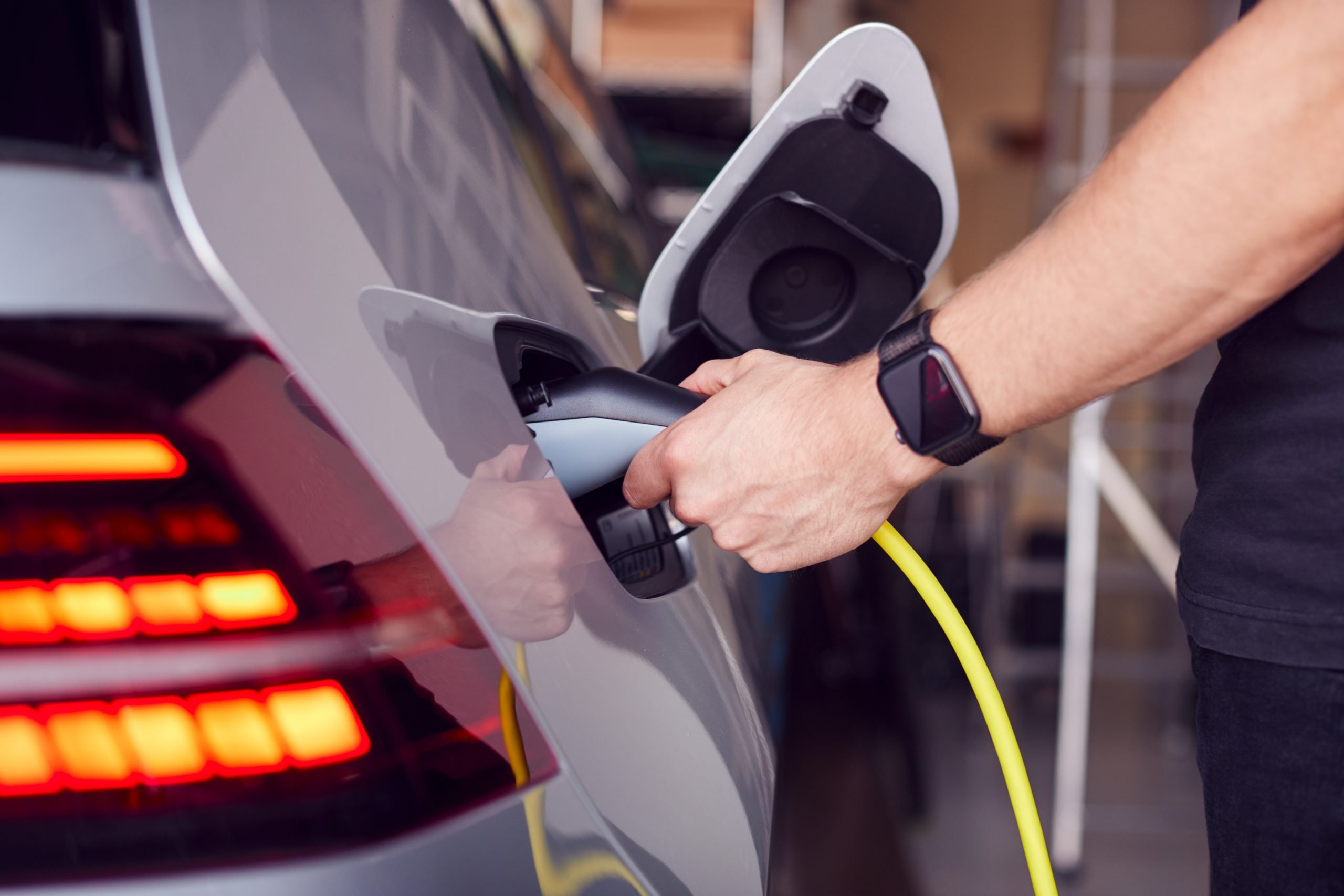University students from around the world are designing low energy appliances for use in remote, rural areas which may not have reliable access to a national power supply.
The Efficiency for Access Design Challenge tasks student teams with creating affordable, high-performance electrical appliances for use in off-grid, or weak-grid, scenarios.
The scheme is part of the Low Energy Inclusive Appliances (LEIA) global research and innovation programme launched in 2017 and funded by UK Aid initially as a five-year £18m scheme. In 2019, the IKEA Foundation contributed additional funding worth €5m over three years.
LEIA seeks to double the efficiency and halve the cost of a range of appliances suited to off-grid domestic and commercial consumers, with benefits in areas including energy accessibility, increased incomes, reduced emissions, better access to healthcare, and improved food security.
The programme is delivered by a coalition coordinated by Energy Saving Trust in partnership with the Collaborative Labelling and Appliance Standards Program (CLASP). Last year, Covid-19 restrictions meant bringing the design challenge’s first finals event online at short notice – a challenge in itself.
In June 2020, the scheme’s inaugural gold awards went to University College London for off-grid pressure cookers intended for sub-Saharan communities, and to Makerere University in Uganda for a standalone solar load management system.
The Efficiency for Access Design Challenge is set to grow. “In our first year,” says project manager Jaqueline Garcia, “we had teams from nine universities. This year, 21 teams from Bangladesh, India, Nepal, Kenya, Uganda and the UK submitted their innovative ideas, and some have even developed a prototype. Next year we hope to welcome even more teams from 30 universities.
Emilie Carmichael, head of international, said: “We see this as an important growth area. Working with key partners like Engineers Without Borders, we have huge ambitions to increase our support for vulnerable communities globally. Growing our successful design challenge and developing our offer to participating students is a major part of that.”
Adds Jaqueline: “The knowledge and skills acquired by our students have a direct impact on their societies. The exposure they have to our industry partners allows them to make a real difference.”
